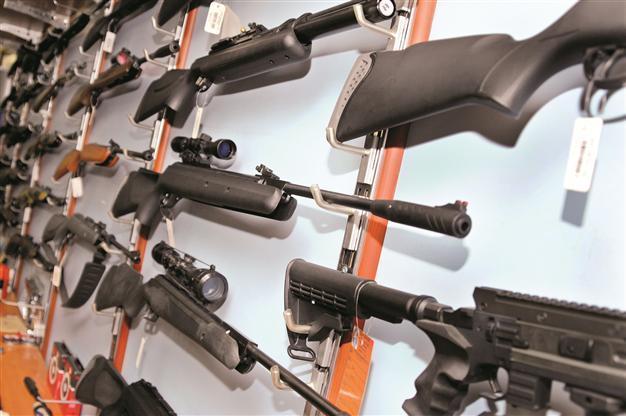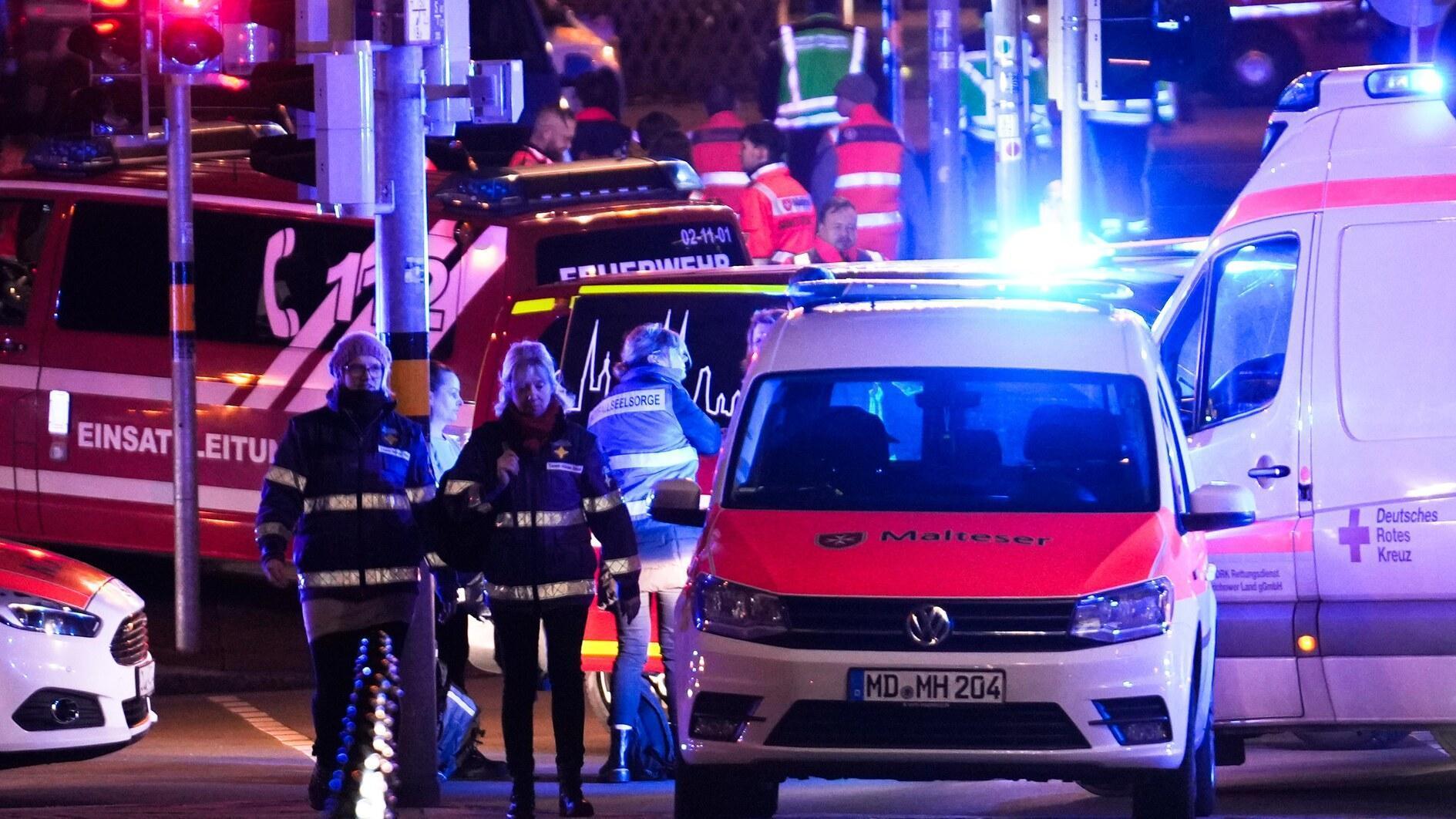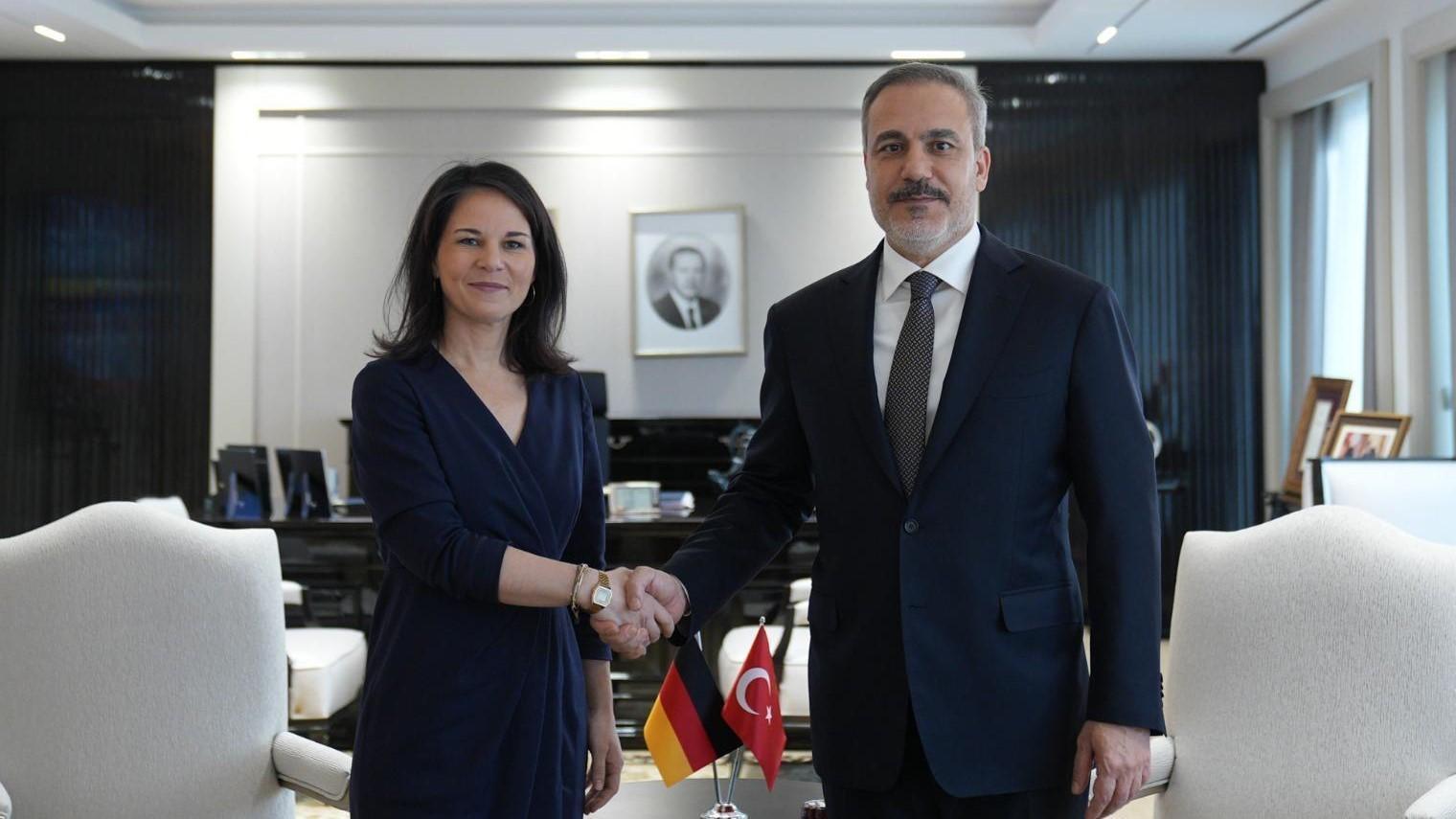EU’s army in decline, senior officer admits
BRUSSELS

The arms spending of the EU sees a decline amid the financial woes of the bloc. DAILY NEWS photo
Many European Union countries will not be able to afford key parts of their armed forces, such as air forces, in a few years unless they spend more and cooperate more closely on defense, the top EU military officer said Sept. 19.In a hard-hitting speech, Hakan Syren, a Swedish general who chairs the EU’s Military Committee, said rising costs, inefficiencies and budget cuts had brought European defense to a critical point. “The military capabilities of the EU states are on a steady downward slope,” Syren told a seminar in Brussels organized by Greek Cyprus, which currently holds the EU presidency. The downturn is mirrored slightly by trends in the United States, but comes in stark contrast to Russia and China.prime example,” said Syren.
The downturn in spending is mirrored slightly by trends in the United States, but comes in stark contrast to Russia, which increased defense spending by 9.3 percent in 2011, and China, which has increased such expenditures by a whopping 170 percent since 2002 and now has the second-best funded military in the world.
“Looking a few years into the future, it is simple mathematics to predict that many member states will be unable to sustain essential parts of their national forces, air forces being the prime example,” Syren said.
‘Embarrassingly obvious’
The EU army chief said he was speaking out now because he was nearing the end of his three-year term as chairman of the Military Committee. Many EU states have slashed defense spending as part of deficit-cutting measures forced on them by the financial crisis, which has plunged the eurozone into turmoil. It was “embarrassingly obvious” that long-identified European deficiencies such as intelligence, precision-guided munitions and air-to-air refueling had not yet been fixed, Reuters quoted Syren as saying. He cited the high cost of military operations as another pressure on European armed forces.
According to a study released by the Stockholm International Peace Research Institute (SIPRI) in April, the countries with the biggest falls have included many that have faced severe sovereign debt crises, and where austerity measures have been particularly harsh: Greece (down 26 percent since 2008), Spain (18 percent), Italy (16 percent) and Ireland (11 percent); but also Belgium (12 percent).
In contrast, the top three spenders in Western Europe, the United Kingdom, France and Germany, have so far made only modest cuts in military spending, in each case less than 5 percent. Germany and the U.K. both plan further cuts in military spending in the coming years as the U.K. plans to make a 7.5 percent cut in real terms by 2014-15, while Germany plans cuts of around 4 percent in cash terms by 2015. U.S. spending decreased slightly in 2011 for first time since 1998, and spending is likely to fall over the next few years due to withdrawals from Iraq and Afghanistan and new budget control measures.
While China has devoted far more money to its military in real terms, the total remains in line with its aggressive economic growth, typically equaling 2 percent of gross domestic product each year.
















